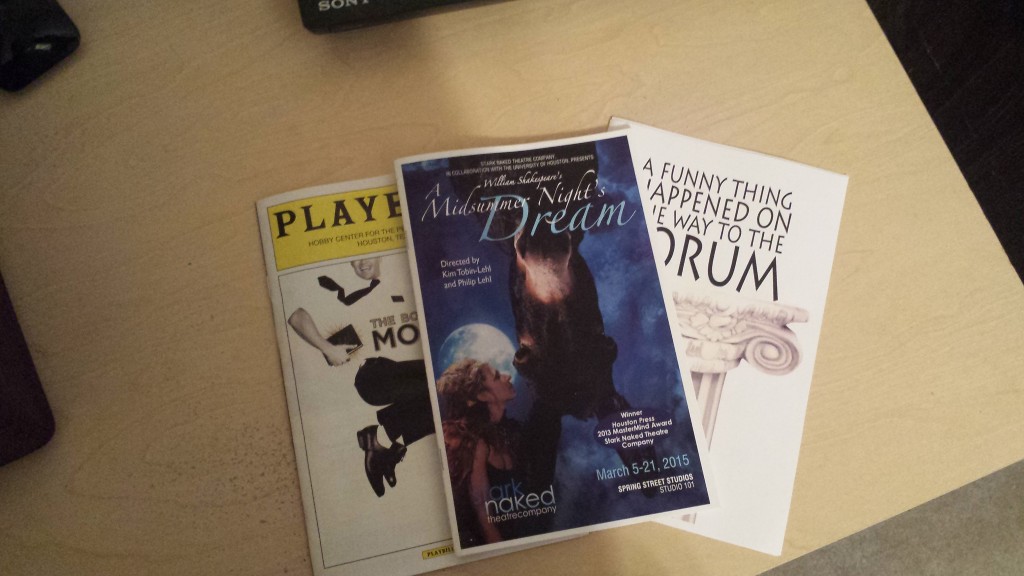It’s been a while since my last post on myths.
The great flood. Why is it so universal? What makes it stand out among other shared myths? Surprisingly the flood myth is even more common among cultures than creation myths
The simple answer would be that it does recall the biblical flood mentioned in Judeo-Christian religious texts
Genesis 6:5
“The Lord saw how great man’s wickedness on the earth had become, and that every inclination of the thoughts of his heart was only evil all the time. The Lord was grieved that he had made man on the earth, and his heart was filled with pain. So the Lord said, “I will wipe mankind, whom I have created, from the face of the earth men and animals, and creatures that move along the ground, and birds of the air for I am grieved that I have made them.”
But really you must look past the superficial similarities and look behind the story as to what caused the flood and how it came to be.
The version of events we know as the great flood can find parallels in earlier stories from Babylonian sources such as the epic of Gilgamesh wherein King Gilgamesh is told the story of Utnapishtim, the only man to survive the great flood, and who tells him how the gods became concerned that mankind had grown too numerous and after trying to cut down human numbers by fire, famine, and disease the gods turned to flood to wipe out mankind.
This story in turn is an almost word for word copy of an earlier Accadian story written down about 1700 BC. Morality tales about what can happen if man doesn’t mend his ways.
But floods themselves carry different messages. In Indonesia, the story tells of Naga-Padoha, the great snake that carries the world on its back, and one day gets tired of carrying that load and shrugs everyone off its back into the sea. The gods saved one woman and later returned the earth onto the snakes back. Possibly this is a reference to the many earthquakes and tsunamis in the region (see the Indian ocean tsunami of 2006)
In Australia the aborigines tell of a great frog during the dreamtimes that drank up all the water and caused a drought. The other thirsty inhabitants made the great frog laugh and it released all the waters out at once causing great floods. Most probably an allusion to the extreme drought and rainy seasons of parts of Australia.
The Germanic tribes speak of Ymir the first giant being killed by the Norse gods and that he bled so much that most of the other giants drowned in his blood save for one couple. Most people don’t know that the part of the North sea known as Jutland was in fact at one time dry land and that it was indeed inhabited by early humans.
In the Americas we have flood myths ranging from Canada down to Peru. The twist here is that some relate to their creation stories. There is a theme among these cultures that there have been worlds before ours and that they were destroyed before ours came into creation. One such example is the Navajo story of flood. Coyote was a trickster and one day he kidnaps a child of the great sea serpent Tieholtsodi. The great serpent desperate to find its child floods the world. The people discuss what to do, so they piled 4 great mountains on top of each other and climb, as the flood increased, they planted a great vine and climbed out of their world into the 4th world, but the waters kept rising so they climbed up to the 5th world. Finally tired of climbing they forced coyote to return the child and the flood stopped.
This idea of emergence and multiple worlds is also found in other cultures, but well explore that at a later time.
So why floods? Well flooding it IS nearly universal. Unless you live on Mt Everest, any part of the world can flood. What better symbol of the displeasure of a deity is there than the horrifying destruction caused by a flood? Cast your minds back a couple of years after Hurricane Katrina and how some religious leaders claimed it was divine retribution on New Orleans for all its wicked ways. If anything it was retribution for decades of neglect and mismanagement at all levels of government. But that’s politics and not mythology.
There are two other possible explanations that do seem to hold a kernel of truth.
Humanity arose just as a great ice age was waning. Sea levels had been much lower and early humans had settled on land that today is submerged. As the ice melted and sea levels rose they would find a lot of land being threatened by the sea. There is some evidence that this happened in particular around the Black sea area where many early communities had settled and that indeed a great flood did occur.
The second explanation is more mundane. As the earth has shifted and moved due to plate tectonics a lot of fossil beds have ended up on dry land. Fish, shells, reptiles fossils are found in the rock. The natural assumption to early man is that the land had been flooded sometime in the past and this is the proof.
However its explained or viewed the universality of the flood myth is one of those shared cultural traits that shows how similar we all are in some very basic ways.

Recent Comments